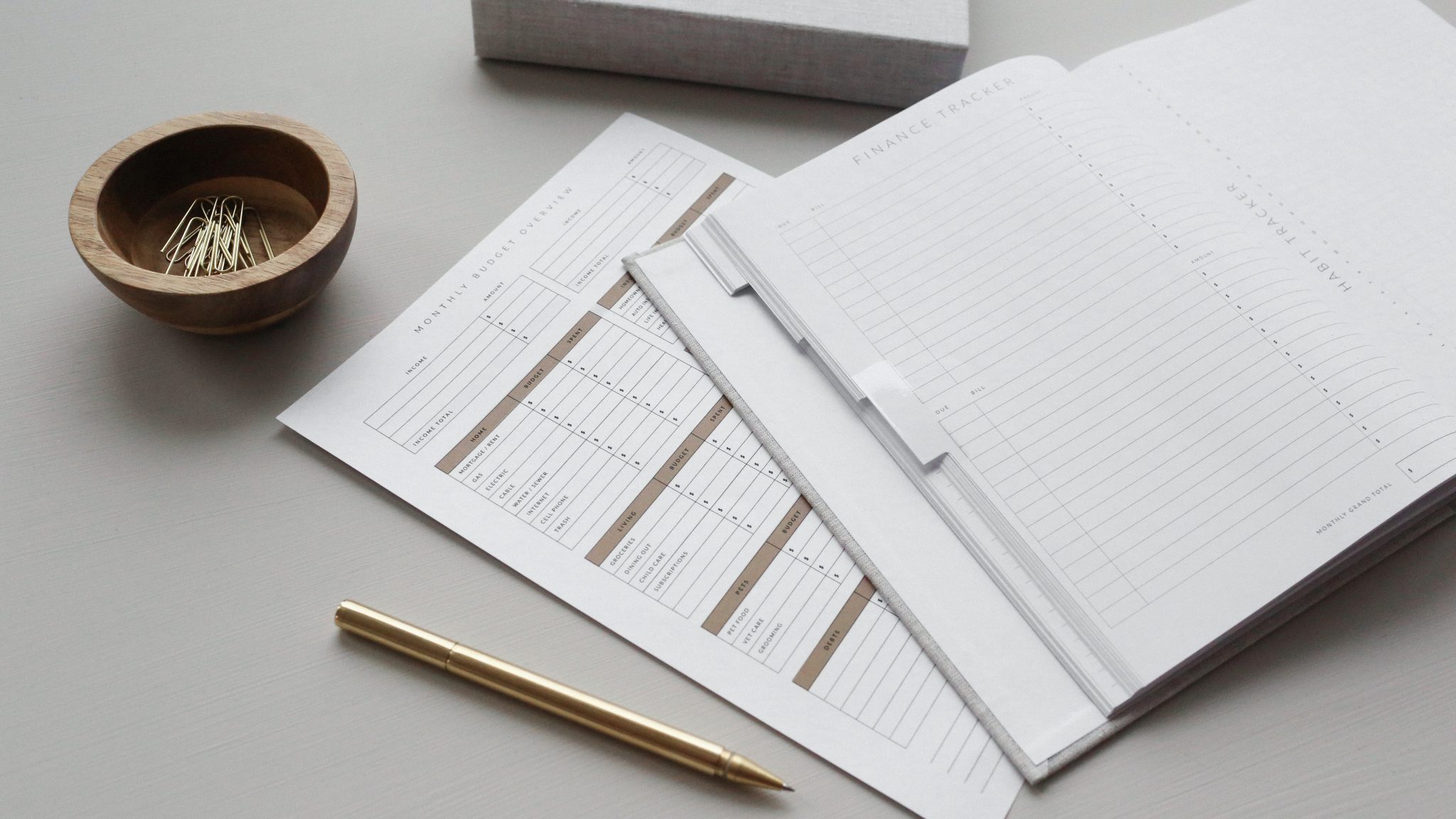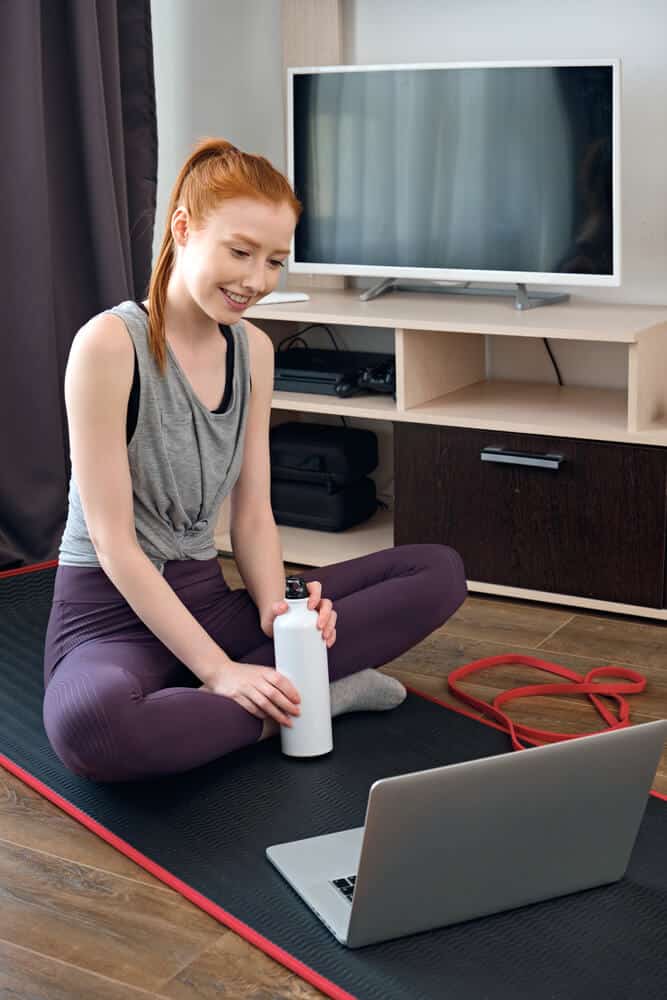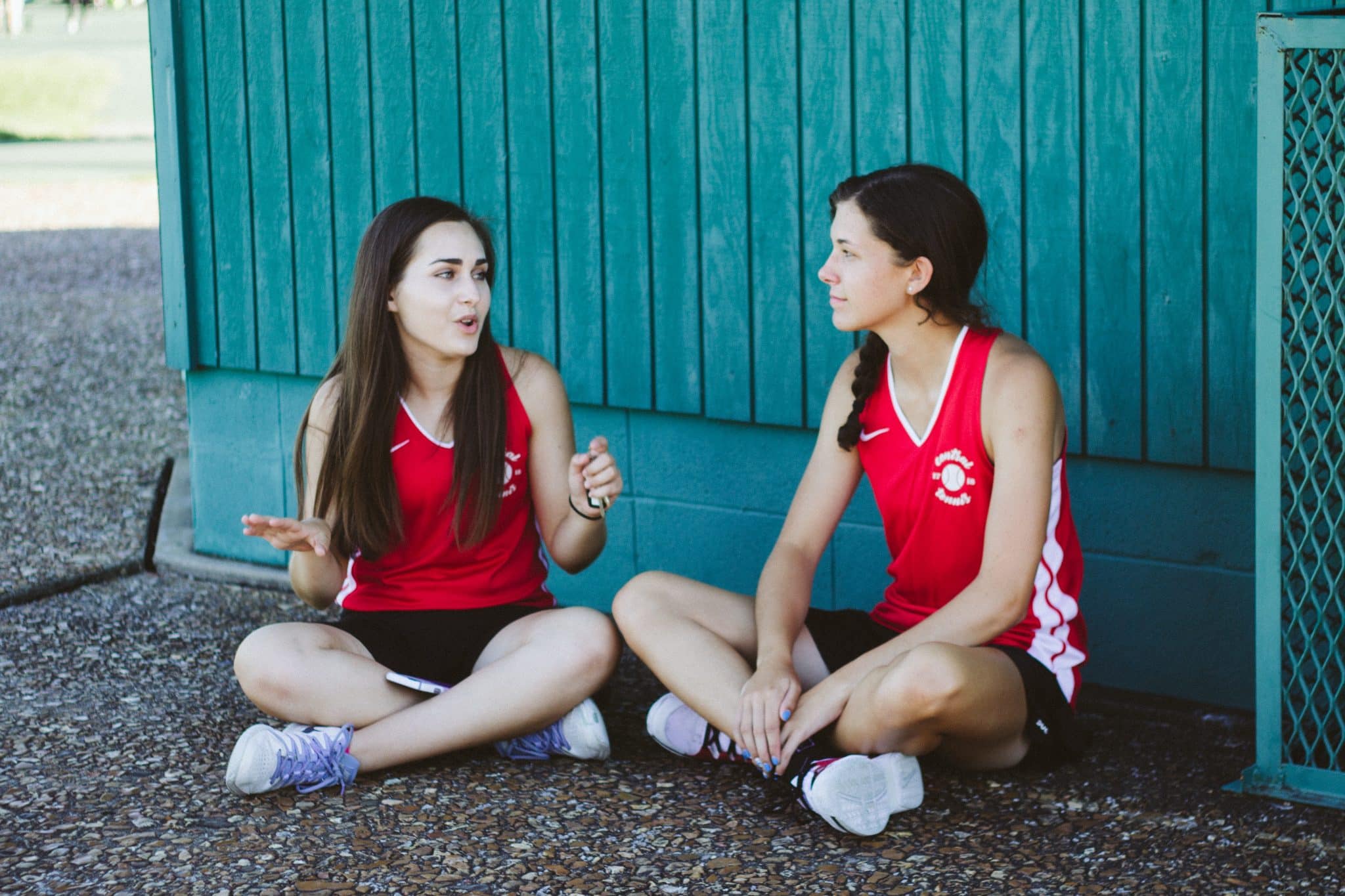Managing money is a skill that some students may have learned at school but, for most, it takes time and practice. Having no money or stressing about money can be really miserable. Students who learn how to budget won’t just find their college experience easier: they’ll also have a useful skill for life. Here are HomeHaks top tips for budgeting for college.
Write down your income and expenses
Start with tracking your income and expenses with a money journal. Determine your income and find out how much you have to spend. Next, determine your expenses. Learn what you are spending and predict your future spending on rent, phone and other costs, as well as budgeting for variable expenses. Additionally, categorise income and expenses. You can also compare your income to your expenses. A household budget should be balanced, meaning that your income should equal or not exceed your expenses. If your expenses are higher than your income, you need to make cuts. Remember to make plans for unexpected or variable expenses. When considering this, think 50/30/20.
Keep in mind about 50% of your income should go on needs, 30% on wants and 20% on savings. Saving 20% may not always be possible, but it’s a goal worth aiming for as it can be a lifeline if unexpected expenses arise.

Check out this article on how to create a budget.
Some of the problems when students first have to manage their money
You will be tempted to borrow money and getting into debt. What can happen is not paying debt back. Consequently, having a bad credit report which will stay with them for at least five years and could negatively impact future borrowing for business loans, cars, mortgage or other costs. Not managing their money correctly over a short period of time – spending all their money within a few days or weeks and having nothing left, depending on whether they are paid weekly or monthly. Spending too much money on non-essential things such as coffees and eating out. Learn a few nice packed lunches and bring a flask of coffee and you’ll save a small fortune. Linking college life to spending experiences – once out of college you will be forever spending money on things.
Top tips to cut costs and stay within budget.
If you and two other students are sharing a house, work together to bulk buy your food. Learn how to cook. There are plenty of free, online resources for recipes. If you want to buy something, take a breath and wait. Do you need those runners now, or can they wait? Always have your student card with you for discounts.

Budgeting helps you acquire life skills
Realise what a budget is: a way to have peace of mind, control of your finances and financial wellbeing. When we budget, we can be flexible, look at where we can save money and where it can go wrong. Develop self-awareness and understand your own strengths, weaknesses with financial temptations. Set goals: it’s very satisfying when you reach them. It allows you to focus on and become more committed to your budget. Having a budget allows you to make informed decisions – you are in control of your money instead of it controlling you.
To summarise
HomeHak has given a number of top tips to help in budgeting for college. First, write down your incomes and expenses. Examples of problems you might run into such as borrowing money and getting into debt. Tips to cut costs and budget. Finally, the benefits of budgeting.
For more articles on student hacks, check out our other articles:




























